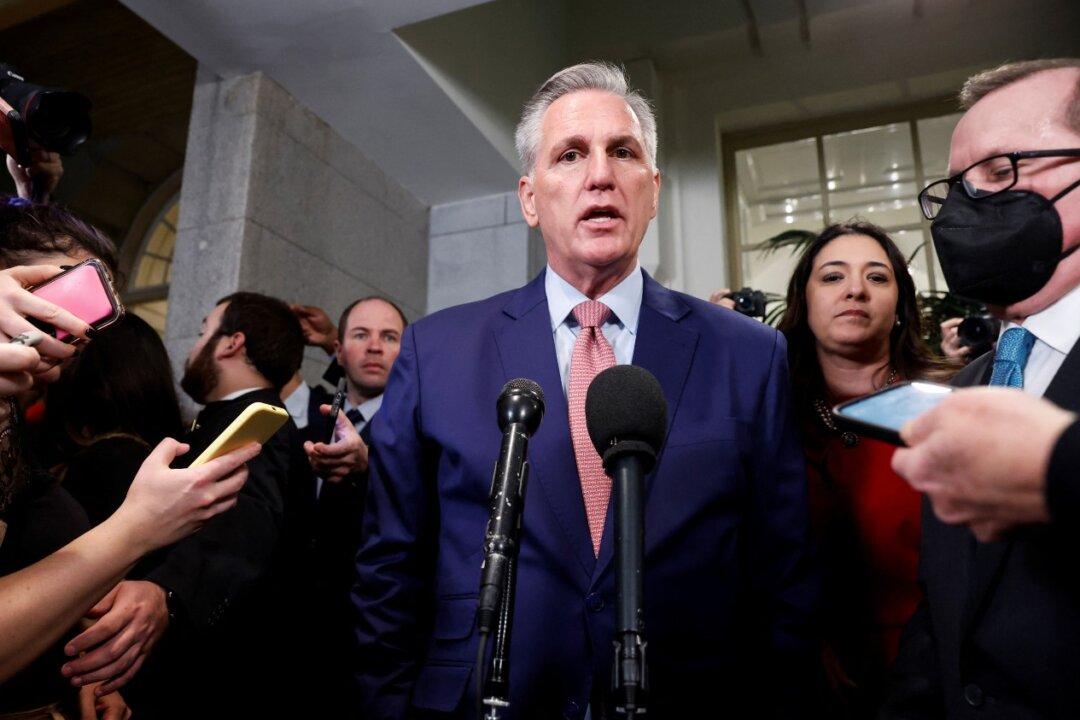President Joe Biden will not interject himself into the rancorous battle for speaker of the House following the failure of the Republican Party to secure a successor to Nancy Pelosi on Jan. 3.
“The president served as a U.S. senator for 34 years and he understands how this process works,” said White House Press Secretary Karine Jean-Pierre on Tuesday. “He certainly will not insert himself in that process.”




